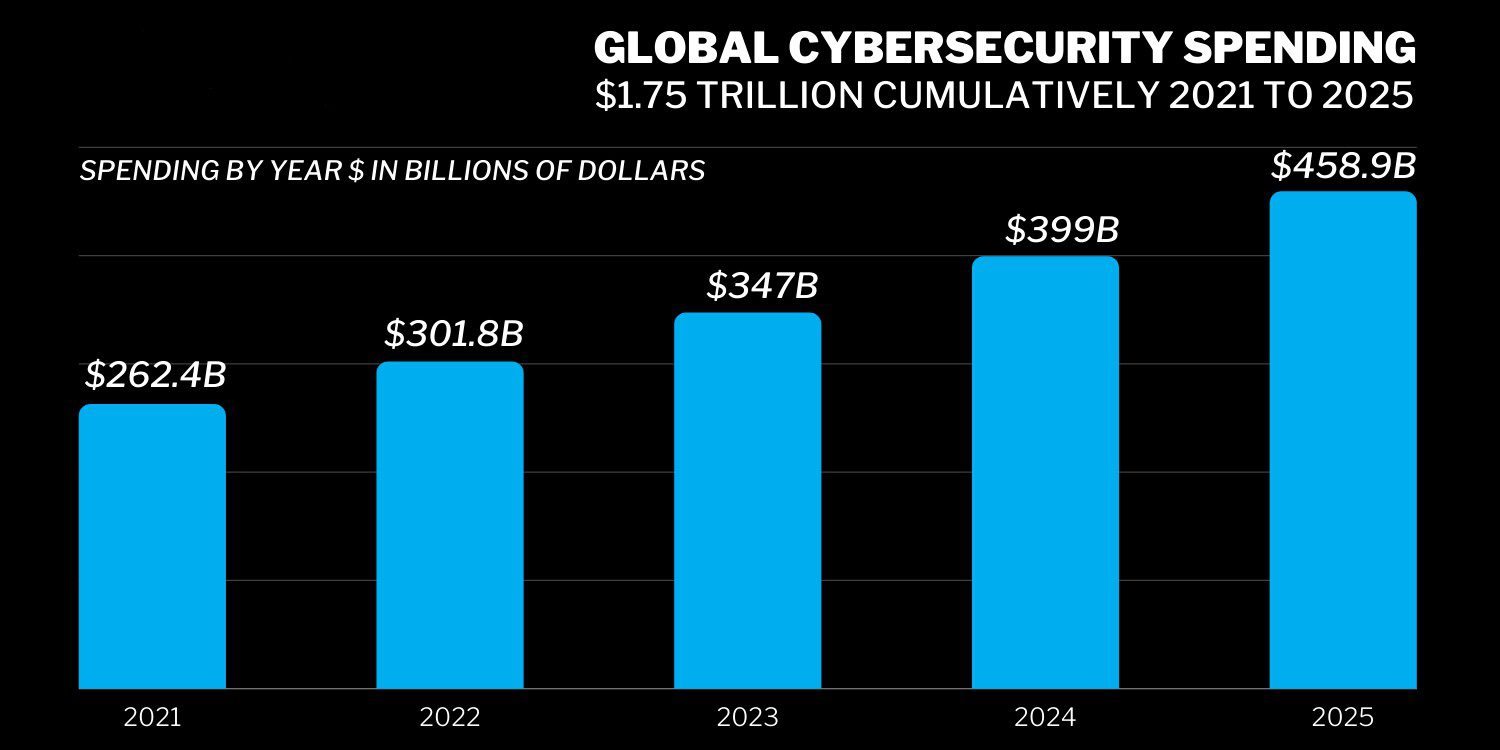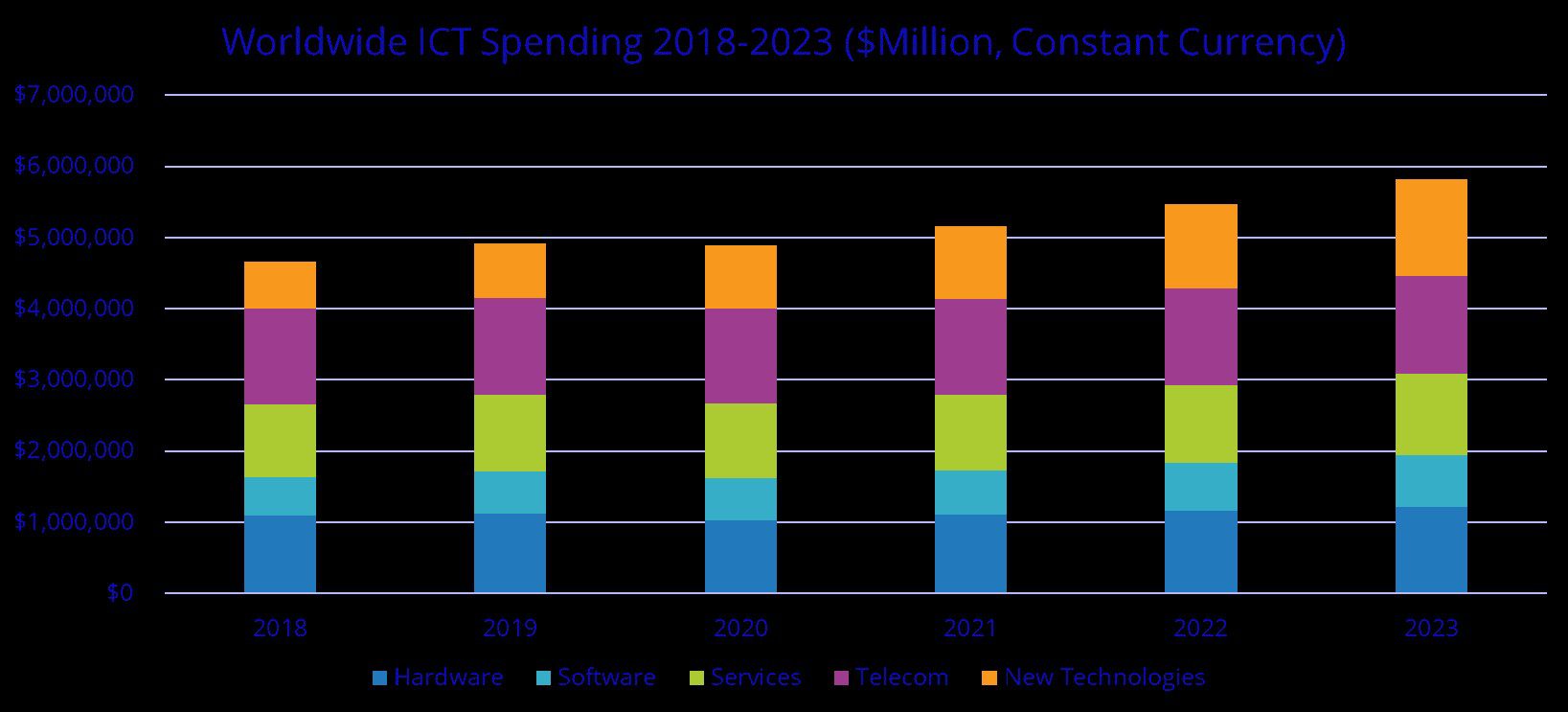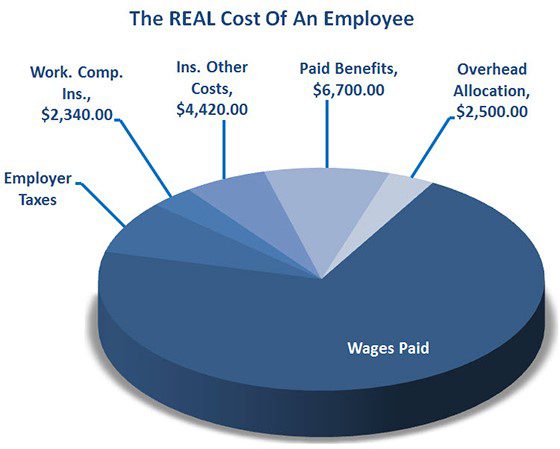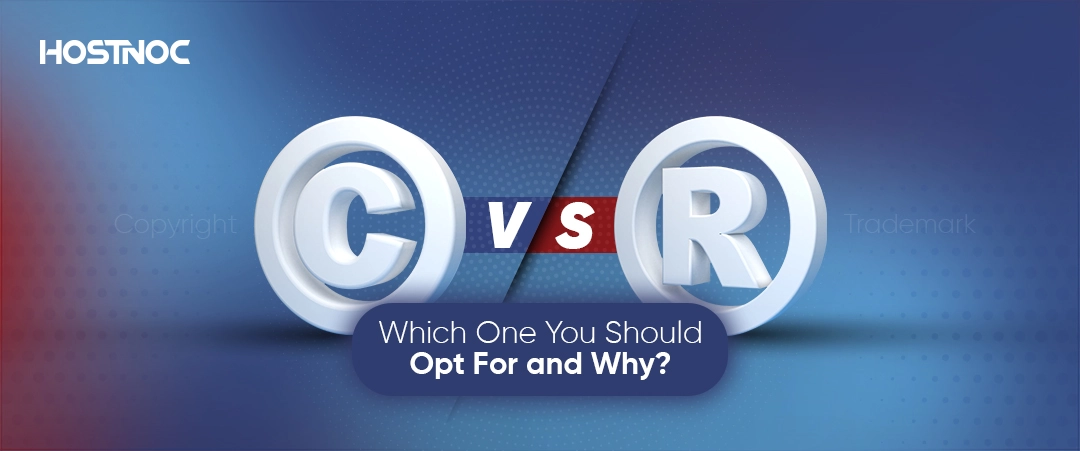7 Key Areas You Should Spend Your IT Budget On In 2023

How To Create an Email Account in cPanel? HostNOC Guide
November 29, 2022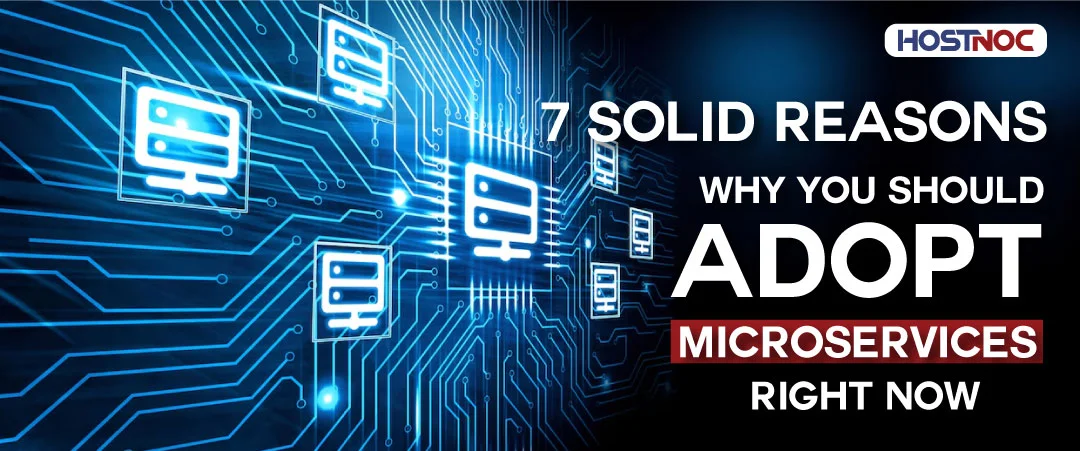
7 Solid Reasons Why You Should Adopt Microservices Right Now
January 3, 2023It is that time of the year again when most organizations start planning for their next year’s budget and goals, and IT is no exception to this rule. With the tech sector hit hardest with inflation, interest rate hikes, recession and many other IT issues, we might see IT budgets get slashed or remain the same. Don’t expect to see an IT budget increase in 2023.
With a limited budget to play around with, CIOs need to be extra cautious about where they spend their money. The goal is to get the best value from your IT investments. This would only happen if you spend money on the right technologies that will pay rich dividends in the long run.
Interested in learning about these focus areas? If so, then you are at the right place. In this article, you will learn about seven key investments you should allocate funds for in your IT budget for 2023.
7 Areas To Spend Your IT Budget On In 2023
Here are seven key areas IT leaders will allocate a major chunk of their IT budgets to, and so should you.
1: Cloud
Even though a majority of businesses have already migrated to the cloud, some are still in the throes of transition. Whether you have already migrated your workloads to the cloud or are planning to do so in the near future, IT leaders will continue to pour money into cloud based technologies, tools, and infrastructure.
Yes, you will feel the pinch from inflation as the cost of cloud services will also go up but the benefits offered by cloud make up for the added cost. From scalability to flexibility to long term cost savings, cloud technologies can help businesses scale more easily without paying the premium.
2: Cybersecurity
According to the latest state CIO survey, 45% IT leaders consider cybersecurity as their top priority and plan to spend a major chunk of their IT budget on it in 2023. The sheer number of cybersecurity attacks and data breaches targeting businesses are forcing businesses to spend more on cybersecurity.
This is evident from the rising year-on-year cyber security expenditures. Despite increasing their cybersecurity budget every year, they have not managed to see a marked improvement in attack prevention. This shows that there is still a lot of room for improvement, which convinces IT leaders to take cybersecurity more seriously. This forces them to spend even more on advanced tools, technologies and systems.
The rapid expansion of the enterprise attack surface is making it much harder for organizations to keep cyberattackers at bay. The quest for protecting their digital assets continues even in 2023. Expect cyberattackers to use new techniques to evade detection while doing all the damage. They could also expand their attack pool by using hybrid malware or targeting third party suppliers and vendors if they fail to find a chink in your security system.
3: Analytics
Data is at the heart of today’s organization. If you can not extract actionable insights from huge datasets and take data-driven decisions based on that, all the data is useless. To get the best out of your data, you need a data analytics tool.
Surprisingly, more than one-third IT leaders are planning to allocate a major chunk of their IT budgets to purchase analytics software. With the power of data on your side, you can detect changes in user preferences faster and respond to those changes by introducing new products and services. Same goes for industry.
4: Automation
Automation will continue to play an even bigger role in IT. Robotic process automation projects will become an integral part of IT. New use cases of RPA will continue to emerge in other fields as well but it will take time before any industry can overtake IT in this regard.
Automation can save a lot of time and effort while boosting the efficiency of your business by streamlining the business processes. This allows your organization to achieve more with less without compromising on accuracy and speed. Your business can deliver better value to your customers, thanks to automation.
5: Customer Experience
One area that was usually ignored by IT leaders until now will come into focus in 2023. 27% of CIOs said that they would prefer switching to customer experience technologies that can deliver a memorable user experience. IT leaders will continue to invest heavily in developing or acquiring customer portals as well as on sales agent tools.
The quality of your IT products and services will be gauged by experience level agreement. Regardless of the quality of your IT products and services , they have to satisfy user intent with a great customer experience to be deemed successful in 2023.
6: Hardware
Cost of everything from hardware to software will continue to skyrocket in 2023.A closer inspection of the pricing structure can reveal this fact. Supply chain disruption will make it tough for businesses to procure IT hardware. Rising inflation will force businesses to work with what they currently have or stick to alternative technologies which are available to them.
More and more businesses will break out of vendor lock-in. They will opt for smaller short-term contracts instead of long contracts that bind your business for years. Expect IT leaders to be more cautious when making IT purchases. CIO who specialize in vendor management can spot the right opportunities in their vendor relationships and capitalize on it and win while others might struggle.
7: IT Labor
The ever widening talent shortfall is forcing businesses to pay hefty salaries to IT staff. Even if they manage to hire the right candidate, retaining them can be a daunting challenge due to the huge supply-demand imbalance.
With more businesses looking to hire candidates than the available candidates, businesses will have to widen their wallets to lure top talent. This would force IT leaders to spend more to compete with the tech giants.
What areas are you planning to spend your IT budget on in 2023? Share it with us in the comments section below.


